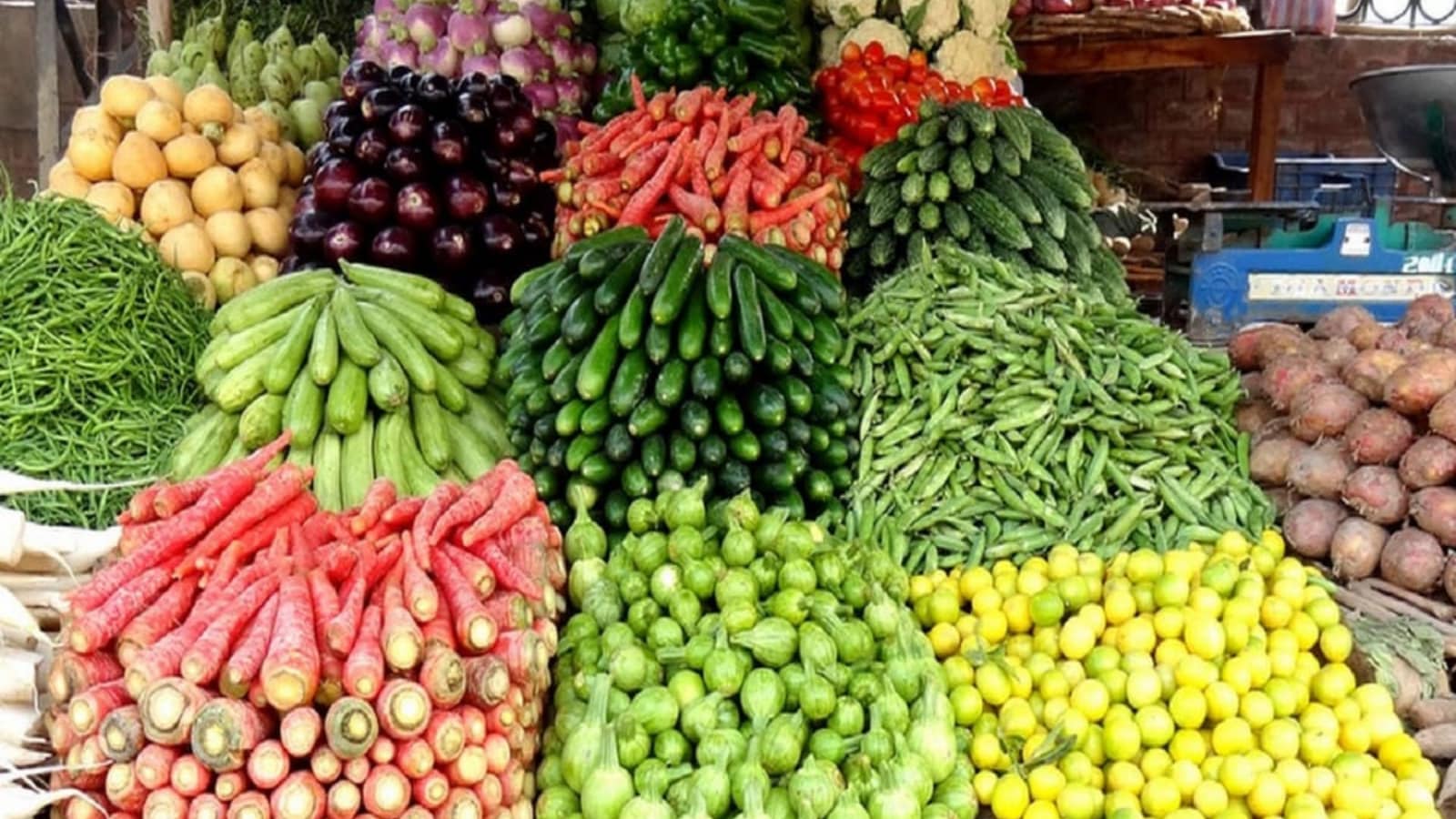Inflation in the food basket was 7.97% in May 2022, marginally lower than 8.31% in the previous month, as per the data released by the National Statistical Office
New Delhi, NFAPost: Retail inflation eased to 7.04% in May, mainly on account of softening food and fuel prices as the government as well as the RBI stepped in to control spiralling price rise by way of duty cuts and repo rate hike.
However, the inflation print stayed above the Reserve Bank’s upper tolerance level of 6% for the fifth month in a row.
The Consumer Price Index (CPI) based retail inflation was 7.79% in April. In the year-ago month of May 2021, retail inflation stood at 6.3%.
Inflation in the food basket in May 2022 was at 7.97%, down from 8.31% in the previous month, as per data released by the National Statistical Office (NSO) on Monday.
The food basket has weightage of 39.06% in the overall Consumer Price Index.
As per the data, the inflation print in ‘cereals and products’ segment eased to 5.33% in May as against 5.96% in the preceding month, while that for ‘oil and fats’ softened to 13.26% from 17.28%.
The rate of price rise for fruits slowed to 2.33% from 4.99%. However, vegetable prices accelerated 18.26% as against 15.41% in April.
Among others, the prices of eggs and ‘pulses and products’ showed deceleration, with negative inflation prints of (-)4.64% and (-)0.42%, respectively.
In the ‘fuel and light’ category, inflation during the month softened a tad at 9.54% from 10.80% in April.
The Reserve Bank, which factors in the CPI in its monetary policy, had earlier this month raised the inflation forecast for the current financial year to 6.7% from its previous estimate of 5.7%.
As per the RBI’s projections, inflation in the first quarter of the fiscal is likely to be 7.5% and at 7.4% in the following three months. It is expected to decline to to 6.2% and 5.8% in the third and fourth quarters, respectively.
“A fifth consecutive print above 6.0% and the second above 7.0% this year would continue to mean front-loaded rate action by the RBI. A lower print than that of April is mainly on account of statistical base effect and reduction in central excise duties on petrol and diesel.
“But with the price of Indian basket of crude inching close to its Ukraine conflict high and food inflation hovering around 8.0%, we may not have yet heard the last about peak inflation unless oil companies continue to bear the burden of loss. With the shocker of an inflation reading in the United States suggesting no let-up in the Federal Reserve aggression, one has to brace for another strong action by the RBI in the next meeting,” said Kunal Kundu, India economist, Societe Generale.
The government has tasked the RBI to ensure inflation remains at 4% with margin of 2% on either side.
“Led by lower pump prices post excise duty cuts and supported by base effect, CPI inflation for May 2022 posted a lower number. However, since the last excise duty cut, incremental pressure has developed in terms of higher crude oil prices and continued supply-side disruptions. The MPC (Monetary Policy Committee) is expected to hike policy repo rate by an additional 60 to 75 bps this financial year to rein in inflationary pressures,” said Garima Kapoor, economist, insitutional equities, Elara Capital.
In an off-cycle meeting on May 4, the Reserve Bank had hiked the key repo rate — at which it lends short term money to banks — by 0.40%.
Later, the government intervened by cutting excise duties on diesel and petrol. Diesel is the main transport fuel in India which directly impacts the transportation cost of almost all commodities across the country.
“A fifth consecutive print above 6.0% and the second above 7.0% this year would continue to mean front-loaded rate action by the RBI. A lower print than that of April is mainly on account of statistical base effect and reduction in central excise duties on petrol and diesel.
“But with the price of Indian basket of crude inching close to its Ukraine conflict high and food inflation hovering around 8.0%, we may not have yet heard the last about peak inflation unless oil companies continue to bear the burden of loss. With the shocker of an inflation reading in the United States suggesting no let-up in the Federal Reserve aggression, one has to brace for another strong action by the RBI in the next meeting,” said Kunal Kundu, India economist, Societe Generale.
The government also eased import duties on edible oils such as soyabean and sunflower in May to ease the burden on consumers due to costlier food items.
(Agencies)





